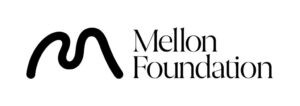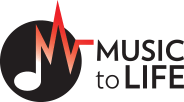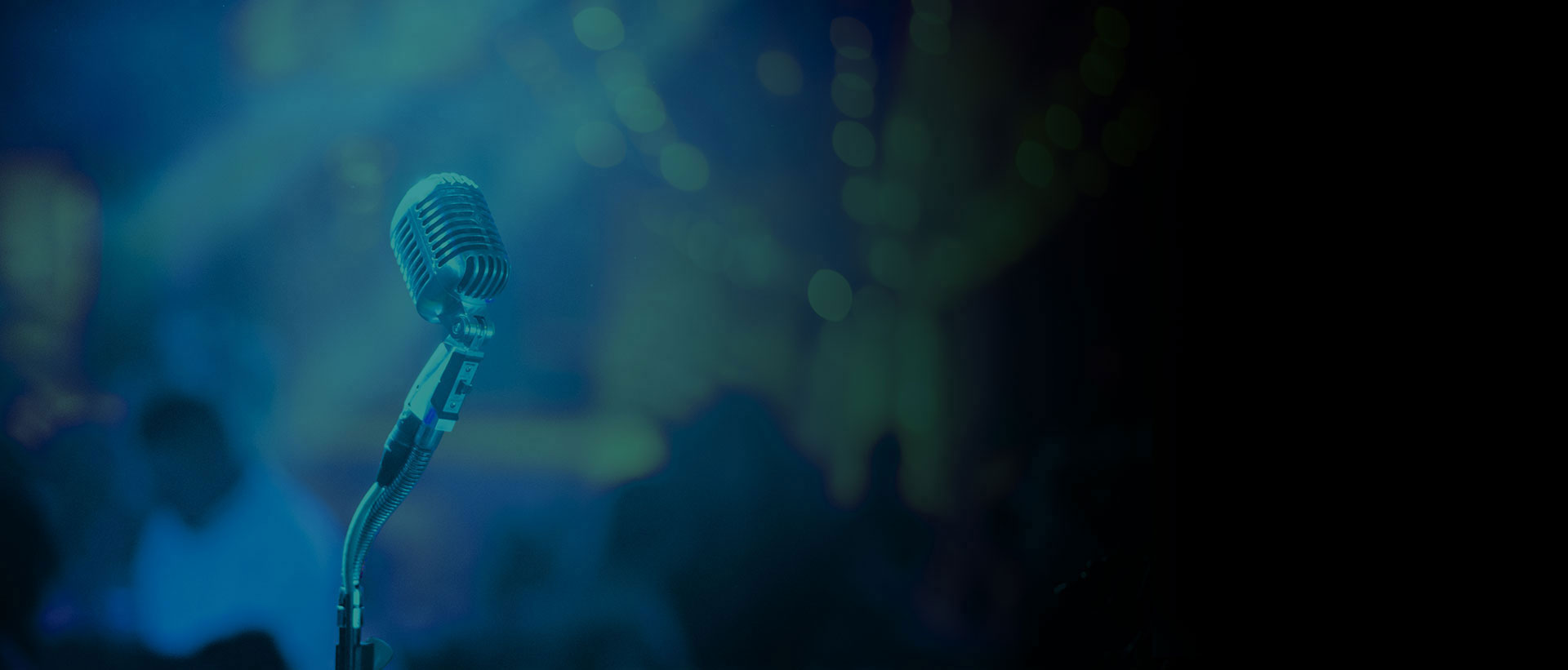MCA Workshop
The MCA Workshop is an abbreviated incubator program, in-person, community-specific, and customizable to the needs and interests of the community/collaborators. Coordinated with local organizers (community partners), the Workshop offers a more adaptable/portable, less expensive introduction for social change musician entrepreneurs. The Workshop helps artists understand the skills and partnerships needed to develop sustainable, community-oriented programs. It may be a recruitment tool through which to identify and prepare prospective musicians for our National Accelerator Academy, though this isn’t its exclusive function.
Typically held over a day(free-standing or as part of an existing conference or festival), the Workshop also brings in observers (community allies, nonprofit stakeholders, civic leaders and media/storytellers) to facilitate their support of musician change agents.
If you are a community organization interested in partnering with us to host an MCA Workshop, please reach out to us with a statement of interest at lizs@musictolife.org.
Workshop Overview
Training: Artists are introduced to the following key areas of social change entrepreneurship: proposal and resource development, marketing and social media, and partnership/stakeholder development. Artists learn how to adapt these best practices to their individual goals and potential projects/partners.
Toolkit: Artists leave with an understanding of how to think like a social change entrepreneur, an outline of their concept, fundraising and partnership ideas, and an individualized “artist as change-maker” statement.
Community: Artists engage with each other for peer-to-peer learning and networking via breakout sessions and informal jams during the Workshop.
Mentorship: Artists are matched with experienced leaders in business, music, civic and philanthropic leaders, with the opportunity to continue the relationship after the Workshop concludes.
Ongoing engagement & visibility: Workshop artist participants have an opportunity to apply for Music to Life’s juried artist list which exposes them to continued performance and funding activities and qualifies them for participation in the national MCA Academy.
Sample Workshop Uses
Testing the waters. Explore a range of ways a community might benefit from music-driven activism. Musicians with a variety of issue interests would participate. This model helps the host organization understand the entrepreneurial energy of their local/regional social change musicians, identify concepts of interest and impact, collect stories and information, and begin to utilize these musicians to facilitate creative solutions in their community.
Mapping a strategy. A local/regional nonprofit would like to develop a certain kind of music-driven social change program (say, in service to their youth population or those who are in recovery); in the process they would like to identify and mobilize area artists, allies and stakeholders in collaboration around the development and delivery of such a program. The Workshop would facilitate a deep dive into the program development process among all participants, resulting in a solid concept outline and research around resources and next steps required to attract funding and other kinds of support for the program.
Community in crisis. This approach would suit the following scenario: “Our community is in crisis around ____ issue. We need to gather artists to help develop creative approaches to address this issue.” Examples: the Flint, Michigan water safety crisis, the Minneapolis crisis around police brutality in the African American community.
Amplifying an event. A likely scenario for this approach might be: “I’m an organization/conference. I want to create a project/collective on x issue. I want to bring in smart musicians for the weekend to mobilize and brainstorm solutions on x.” In the process, this approach can generate positive press and good will around the event, particularly with a dedicated stage to social change musicians and a facilitated opportunity to match artist talent with event attendees, civic and nonprofit leaders.
Made possible by a generous contribution from the Mellon Foundation


